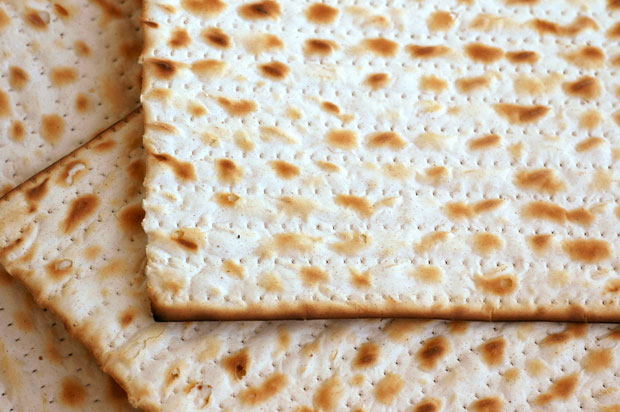
WORD STUDY – BREAD OF AFFLICTION
Isaiah 30:20: “Although the Lord has given you bread of distress and water of oppression, He, your Teacher will no longer hide Himself, but your eyes will behold your Teacher.”
The word to give is in an imperfect tense. So you would read this as a future tense, the Lord will give. Not that it is a wrong translation, if the context really calls for a past tense you can translate it that way as technically Hebrew has no tenses, just a perfect, completed action and an inperfect imcompleted action. Further we learn that He is going to give distress or tsar. Tsar is used to express grief, affliction and distress. The word is spelled Sade and Resh. This spelling would indicate that the purpose of this grief or affliction is to humble oneself to the Holy Spirit so he can move in divine power.
Indeed, by using the metaphor of bread, that would confirm this. Bread, lechem, is often associated with the source of life. Rabbi Samson Hirsch points out that it is closely associated with the word lachim which you may recognize as to life. Bread is a source. The source of the affliction is the living, loving life of Jesus Christ who gives this affliction to bring humility so we are able to move in the power of the Spirit of God. I read something in the Talmud this morning. It teaches two sources of humility. That which you try to accomplish through your own disciplines, which is rarely successful and that which is accomplished through affliction. In affliction you realize you are no different than anyone else. President Trump may be a billionaire he may be powerful, but he still says things that a politician would never say and it gets him in trouble. The common cold, flu and cancer can strike the most powerful and the least powerful. Affliction, when it comes from God, is a teacher that will teach you that you are nothing more than a vessel to be used at the pleasure of its creator.
There is a little play on words here. The Lord will also bring upon you the “waters of oppression.” The word oppression is a play on the word for bread. Bread is lechem and oppression is leches. Lechem pictures a joining with God to enter into His hidden mysteries. Leches is a joining with God to enter into humility. Water represents the mysteries of God. It is spelled with an Open Mem, a Yod, and a Closed Mem. It is the mysteries of God both revealed and unrevealed. Literally the word oppression, leches, has the idea of squeezing, or pressing. I found the best illustration for leches in The Talmud. It is like man who had two wives. One was young and the other was old. The young wife kept pulling out the man’s grey hairs leaving the darker hairs so he would look younger. The older wife kept pulling out the man’s dark hairs to leave the grey hairs so he would look older. Before long the poor boy was pluck bald. Do you ever feel like that sometimes, like you just can’t win for losing? I bet if you are a pastor you felt that way many times. You seem to have things coming at you from all directions and you are being squeezed in the middle. It is when you look to the right and that leads to disaster and you look to the left and that leads to destruction that you are leches or oppressed. That is when you need the revealed or hidden knowledge of God to whisper, “this is the way, walk in it.” (verse 21).
The syntax would suggest that the teacher is not so much God as it is the bread of affliction and the waters of oppression. Yet it is God who sends it. The promise is that while we are going through all that madness, it will seem meaningless to us. We will not understand it. But the promise is that our eyes will one day open and we will see that all that craziness was really a teacher from God sent to humble us to the Spirit and power of God so that we can walk in that Spirit and divine power.
As a believer we have given you lives to God, to do with as He pleases. If the bread of affliction should come, rather than complain and belly ache, we should just recognize that it is God’s life he is doing this to and that it is a teacher for us.







Recent Comments